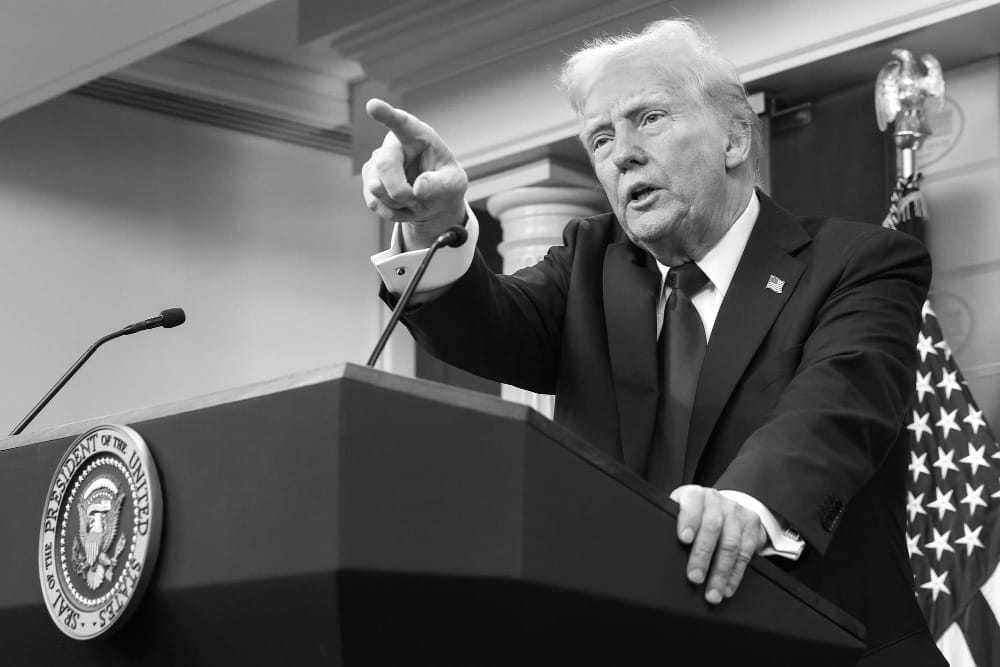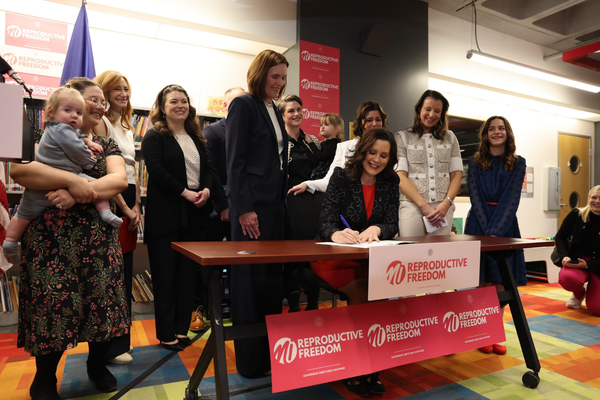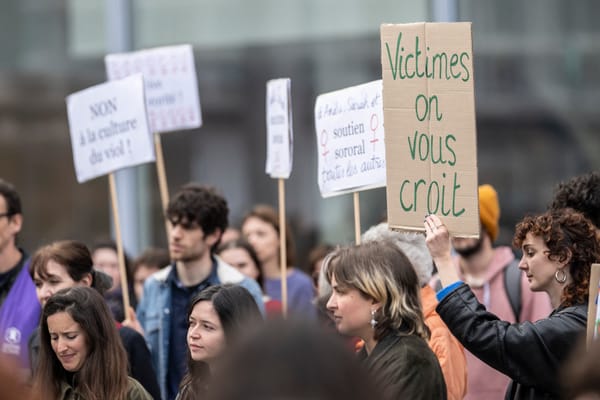On DEI, Here We Go Again.
It’s time to stop saying disabled people are less qualified. Evidence suggests that, far from making workplaces worse, disabled people make teams better.

Just when you think the news can’t hit a new low, along it comes. Last week, following a deadly and devastating air crash involving a Black Hawk helicopter and an American Airlines flight over Washington, D.C., President Donald Trump weighed in.
In his remarks, Trump appeared to stick to the script—until he didn’t. He began with a moment of silence. He spoke of a tragedy of “terrible proportions.” He said, “we grieve for every precious soul that has been taken from us so suddenly.” But then, less than 20 minutes into the press briefing, he took aim at Obama, Biden, the Democrats, diversity and, in particular, people with disabilities.
When queried about this by a reporter, he said his reason for pointing the finger at diversity was “common sense.”
Not only does this take the focus away from the victims and first responders, it prejudges the outcome of the crucial investigation into what went wrong and further villainizes already marginalized groups—this in a world where minority groups, particularly disabled people, are already viewed as less competent and less employable.





